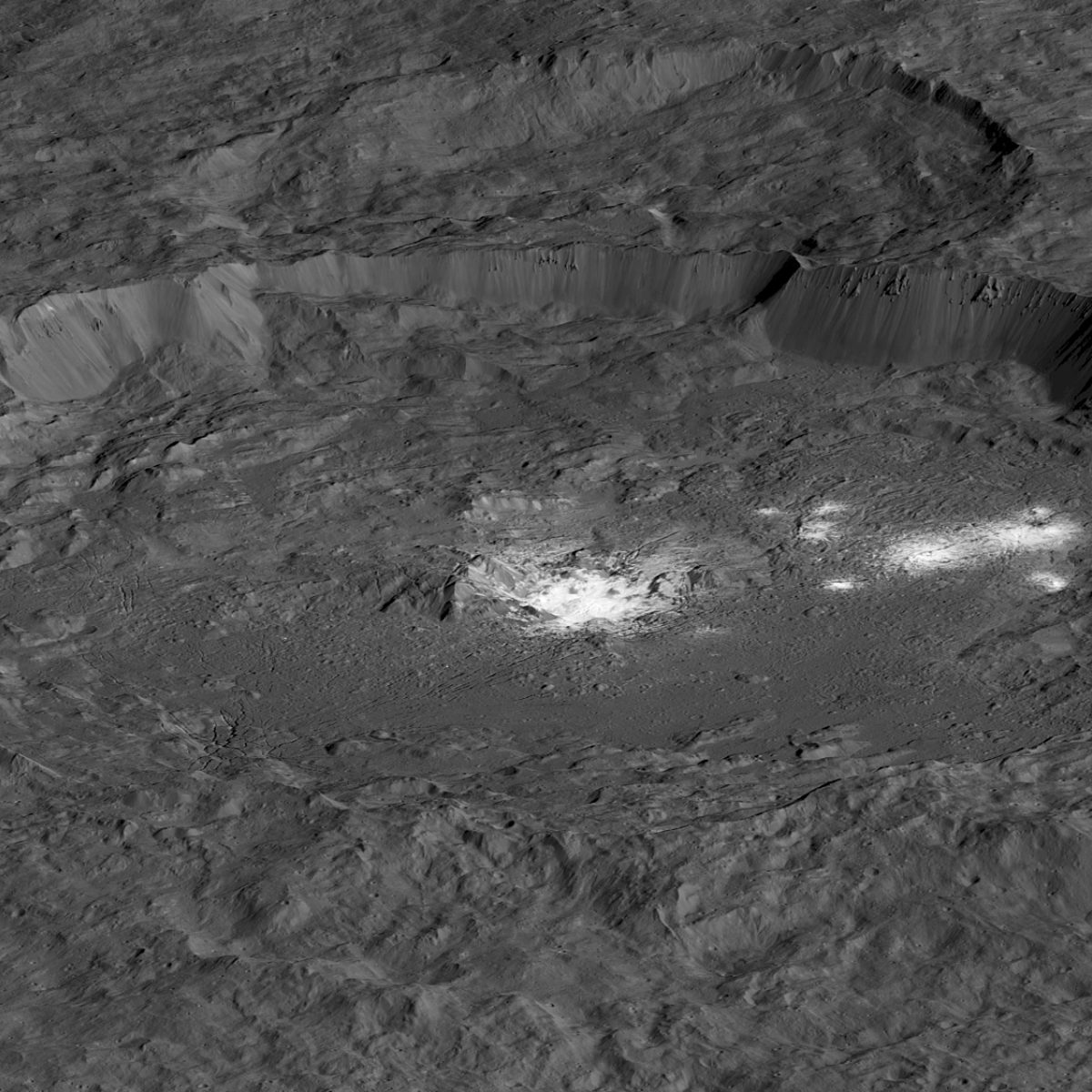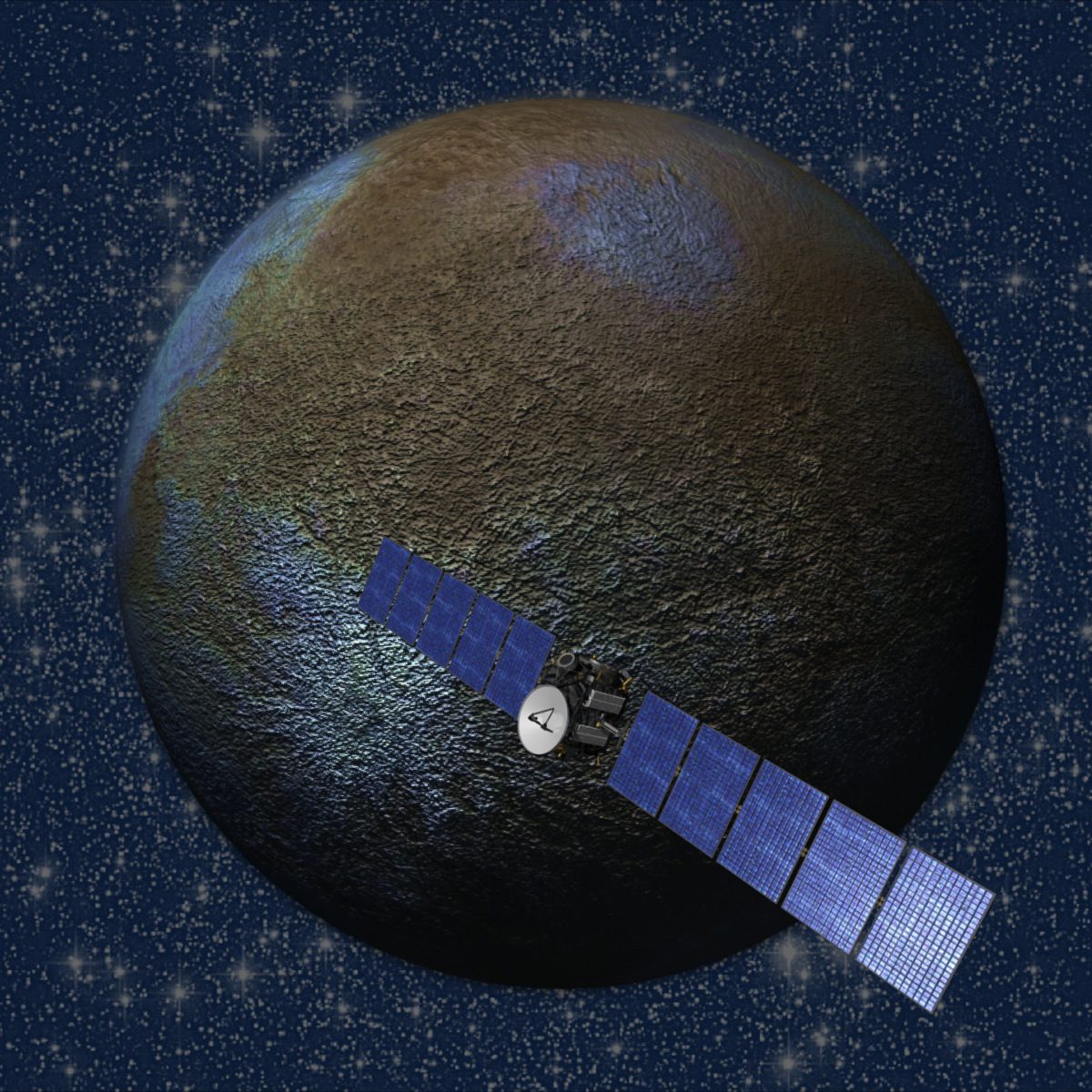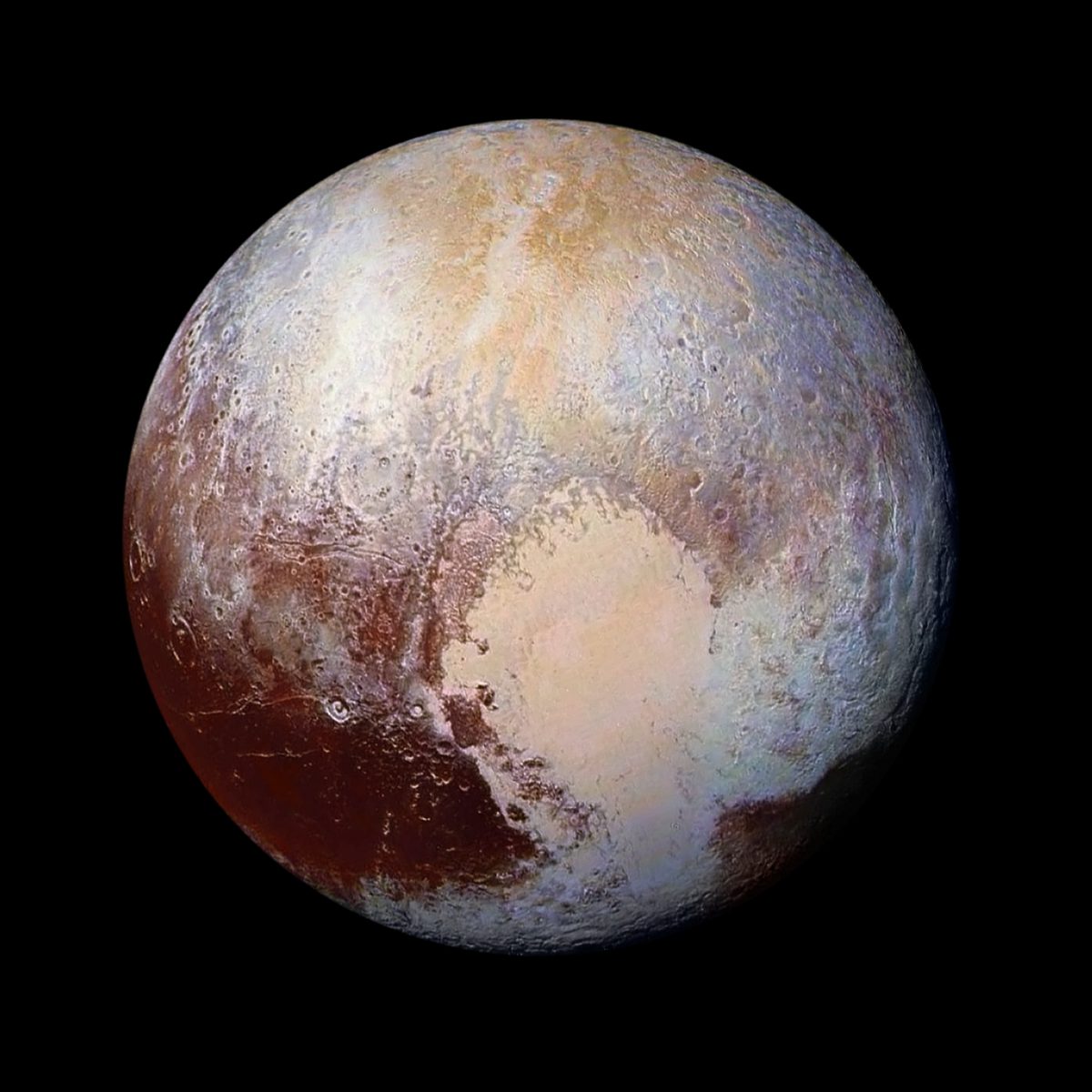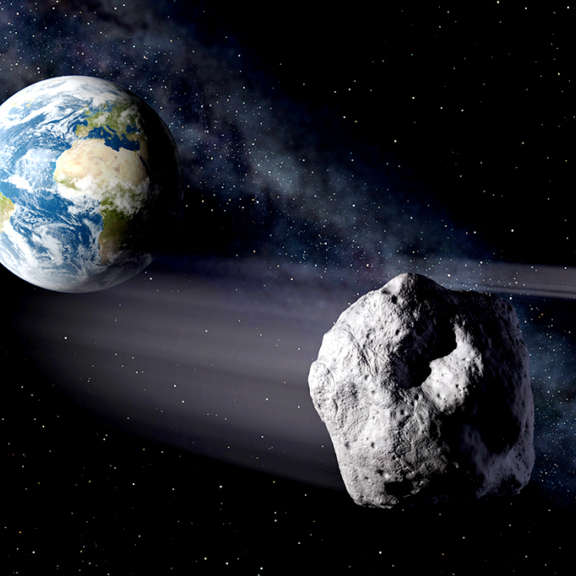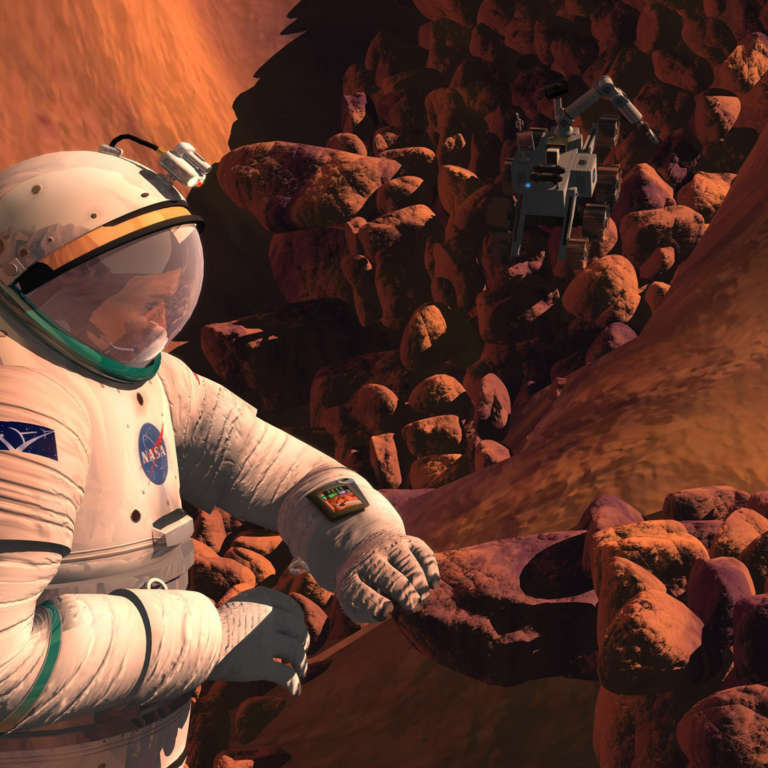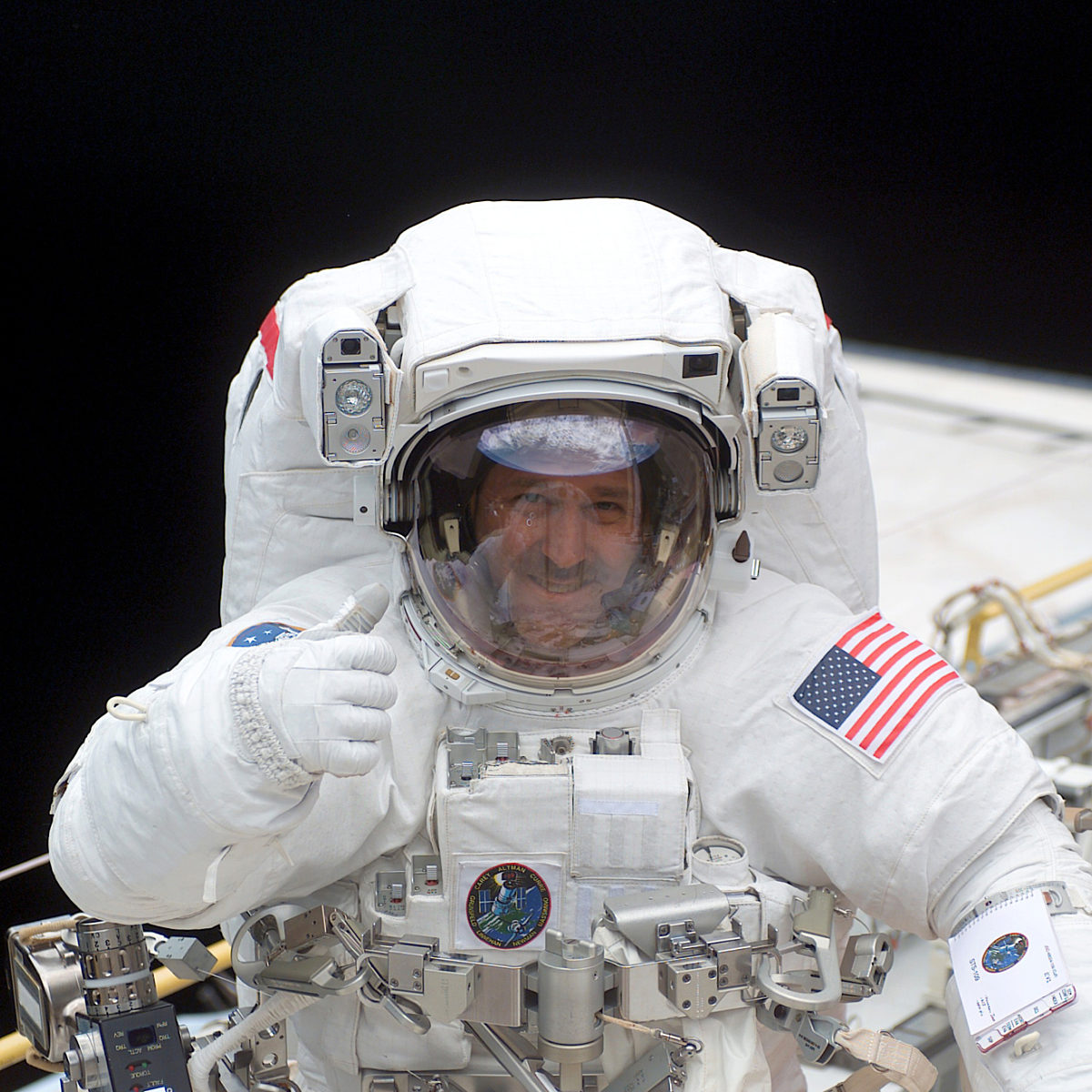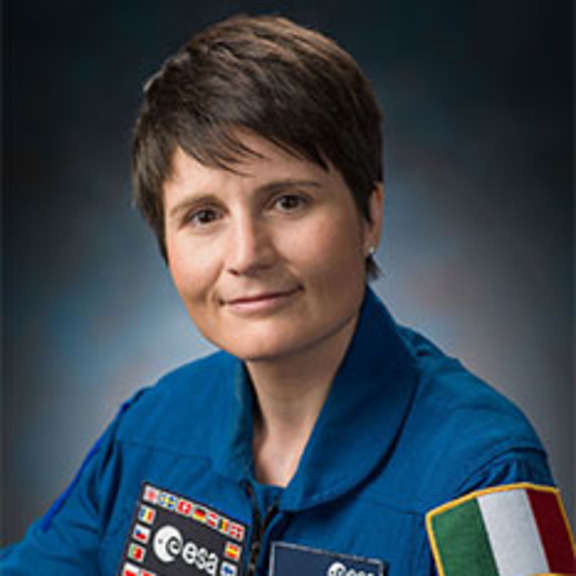Since 2002, Planetary Radio has visited with a scientist, engineer, project manager, advocate, or writer who provides a unique perspective on the quest for knowledge about our Solar System and beyond. The full show archive is available for free.
Search Planetary Radio
A mostly SpaceX episode as the ambitious company provides updated details regarding its huge new rocket and introduces its first astronauts. Mat Kaplan shares more from the company’s headquarters, while Planetary Society Digital Editor explains and explores the BFR.
Ceres is the queen of the asteroid belt. Her first Earthly visitor is nearing its last days in spectacular style. Dawn Mission Director and Chief Engineer Marc Rayman returns with stunning images taken from just 35 kilometers or 22 miles above the dwarf planet, and a preview of the spacecraft’s last days.
Dawn Mission Director and Chief Engineer Marc Rayman helps us salute the ion-engine powered spacecraft that first orbited asteroid Vesta in the main asteroid belt and then moved to dwarf planet Ceres, revealing two fascinating worlds.
We are joined by British physicist turned comedian and actor Ben Miller, author of The Aliens are Coming! The Extraordinary Science Behind our Search for Life in the Universe.
CEO Randa Milliron introduces us to Interorbital Systems, which wants to put your payload in orbit for as little as $8,000. Can they do it?
Marilynn Flynn, Simon Kregar and Rick Sternbach are masters of space art. They talk about how their work furthers science and captures the imagination.
Mat Kaplan talks with Matt Taylor, the Rosetta Project Scientist, just two weeks after the spacecraft touched down on 67/P.
Alan Stern of the New Horizons mission to Pluto and beyond was in Pasadena for the annual meeting of the American Astronomical Society’s Division for Planetary Sciences. He joined Mat Kaplan for a very special conversation down the street at Planetary Society HQ.
The European Space Agency’s magnificent Rosetta mission ended last week as the spacecraft gently touched down on the comet it has revealed.
In two years a Near Earth Asteroid now known as Bennu will have a visitor from Earth. OSIRIS-REx Principal Investigator Dante Lauretta reports on his mission’s successful launch.
In its nearly five decades, NASA has created or improved thousands of technologies, processes and innovations. Dan Lockney is in charge of making sure these solutions are found and utilized by industries and others in need.
In honor of OSIRIS-REx—NASA’s newest asteroid mission—we explore the policy and history of near-Earth Objects: why NASA explores them, how the government plans to find and defending the planet, and the how policy can keep up with ambitious plans to mine asteroids.
Space historian and policy expert John Logsdon joins Mat Kaplan for a fascinating conversation about how the US could have lost the race to the moon.
Steep canyons on Saturn's moon Titan are filled with liquid methane. That's the discovery just announced by an international team of Cassini scientists, including Alex Hayes.
OSIRIS-REx will launch toward Near Earth Asteroid Bennu soon. In an early celebration of Asteroid Day, mission leader Dante Lauretta tells us how learning about asteroids may teach us about our own origins, and help us avoid a cataclysmic impact.
Space art and science fiction joined science fact at the 2016 Contact Conference in Sunnyvale, California. We talk with three well-known visionaries.
Three NASA leaders talk with host Mat Kaplan about the progress we're making toward leaving footprints on the Red Planet.
John Grunsfeld closes our coverage of the Space Foundation’s 32nd annual Space Symposium in Colorado Springs. We also meet the leaders of the New Generation Space Leaders Program.
Happy Yuri’s Night! We’re partying under Space Shuttle Endeavour in the first of two shows featuring interviews from the worldwide celebration of space. Star Trek’s Robert Picardo will talk about his new video newsletter, the Planetary Post, and we’ll visit with Samantha Cristoforetti, who returned last June from 200 days aboard the International Space Station.
Michel Mayor and his team rocked the astronomy world with their 1995 announcement, but this modest man says it was a discovery whose time had come.


 Explore Worlds
Explore Worlds Find Life
Find Life Defend Earth
Defend Earth



